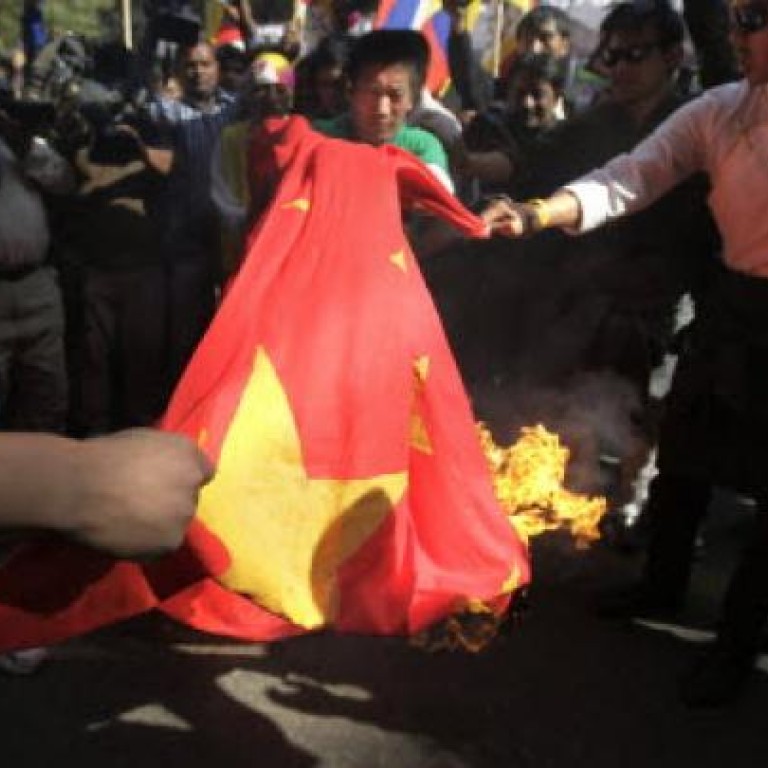
Top US official meets families of Tibetan self-immolators
The families of three Tibetans who have set themselves alight to protest China’s rule met this week with a top US official who voiced Washington’s grave concern over the Chinese crackdown.
More than 20 people have set fire to themselves this month and assistant secretary Mike Posner met with some families on Thursday, State Department spokeswoman Victoria Nuland said Friday.
He voiced “deepest condolences and our grave concern for the spiraling violence and harsh crackdown in Tibetan areas as well as... grief with regard to the self-immolations,” she said.
“We remain very concerned about rising tensions that result from counterproductive policies, including those that limit freedom of religion, freedom of expression, freedom of assembly and association in Tibet,” she said.
Nuland did not say where the meeting was held in a bid to protect the families who were involved “from reprisals.”
The spate of burnings in recent weeks began in the run-up to the Chinese Communist Party’s set-piece congress, at which Xi Jinping was named the party’s new general secretary in a once-in-a-decade power handover.
According to the US-based Radio Free Asia, the latest incidents on Sunday and Monday -- two in Gansu province, one in Qinghai and one in Sichuan -- brought the number to 21 this month and 85 since 2009.
Washington was also concerned about reports that 20 students were injured in clashes with police earlier this week against “a government-issued booklet which derided the Tibetan language, the Dalai Lama and self-immolators.”
“We are going to continue to raise this publicly and privately and urge the Chinese government, at all levels, to address policies in Tibetan areas that have created tensions and that threaten the distinct religious, cultural and linguistic identity of the Tibetan people,” Nuland said.
